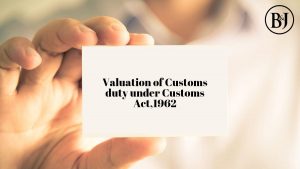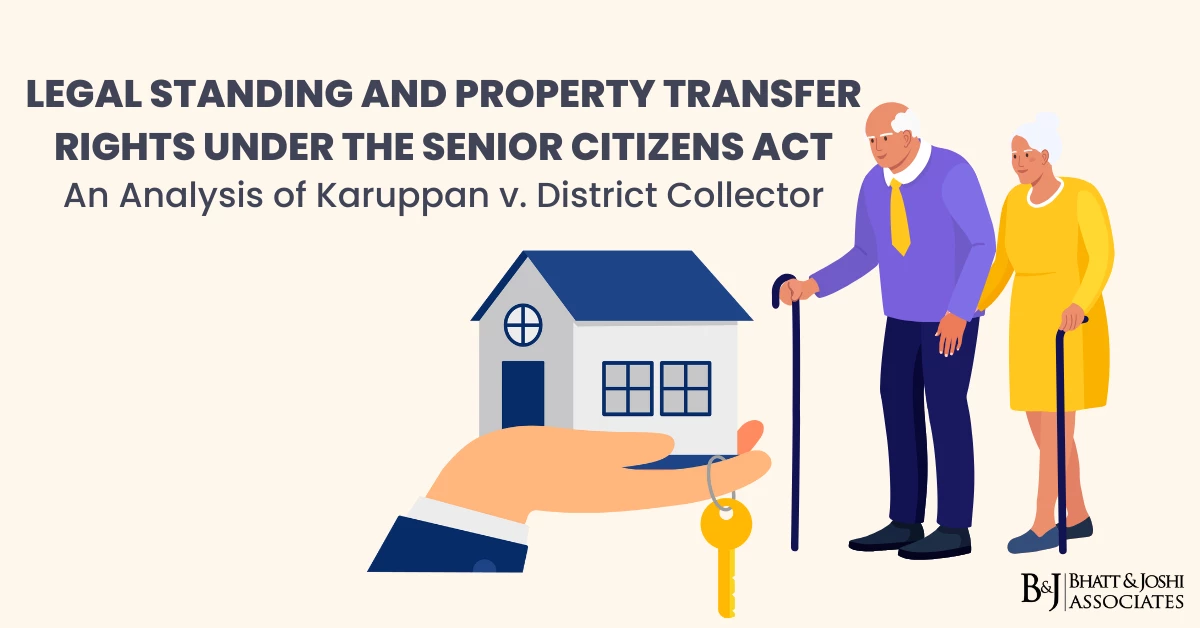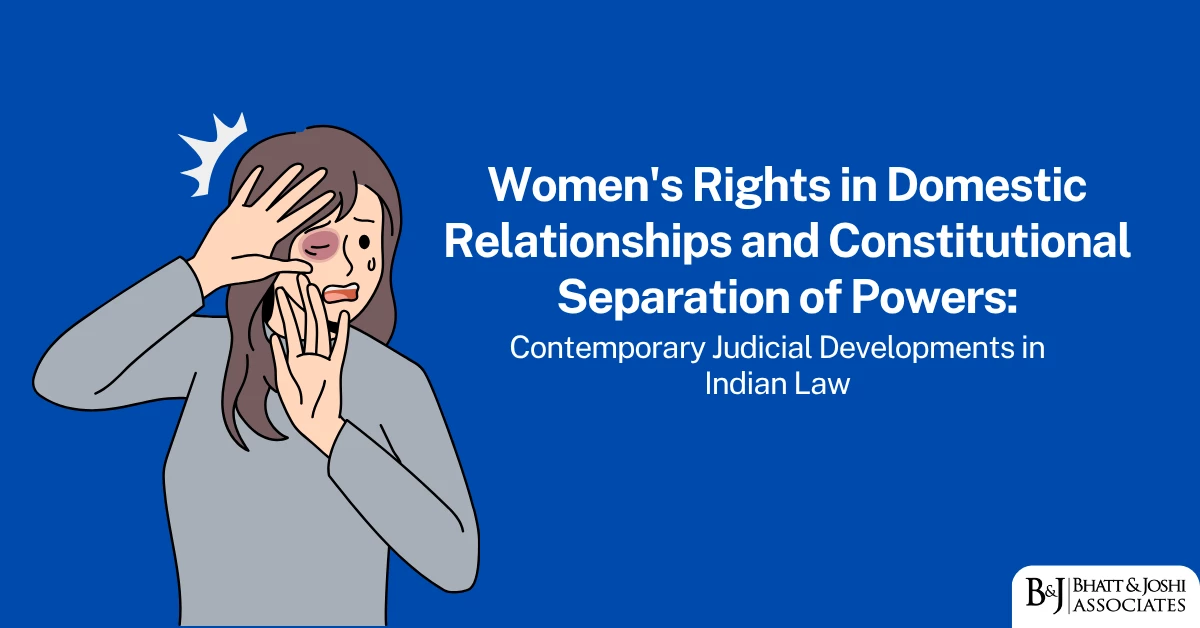
VALUATIONS OF CUSTOM DUTY UNDER CUSTOMS ACT, 1962.
Introduction:
Customs is an authority or tax collection wing appointed by the Government in every country for controlling and for collecting of tax on the flow of goods into and out of a country. ‘Customs Duty’ refers to the tax imposed on the goods when they are transported across the international borders. Custom Duty is an indirect tax, imposed under the Customs Act formulated in 1962. Following are the types of customs duty in India,
- Basic Customs Duty (BCD)
- Countervailing Duty (CVD)
- Additional Customs Duty or Special CVD
- Protective Duty,
- Anti-dumping Duty
The power to enact the law is provided under the Constitution of India under the Article 265, which states that ―no tax shall be levied or collected except by authority of law. Entry No. 83 of List I to Schedule VII of the Constitution empowers the Union Government to legislate and collect duties on import and exports.
The primary objective behind levying customs duty is to safeguard each nation’s economy, jobs, environment, residents, etc., by regulating the movement of goods in and out of any country. It is also to minimize the smuggling of demerit goods such as cigarettes and alcoholic beverages across borders since these items are usually highly taxed and their tax rates may also vary significantly across borders. The Quantum of Customs duty in India depends upon the provisions of Customs Act, 1962 and Customs Tariff Act, 1975 and related Customs Rules, Notifications, Circulars, case Laws and Annual Union Finance Acts. The Customs Act, 1962 is the principal act which governs entry or exit of different categories of vessels, aircrafts, goods, passengers etc., into or outside the country. The Act extends to the whole of India. This article would help us understand the valuations of customs duty under the Customs Act of 1962.
Legal provisions for valuation under Customs Act, 1962:
Section 2(41) of the Customs Act, 1962 defines ‘Value’ in relation to any goods to mean the value thereof determined in accordance with the provisions of sub-section (1) of Section 14 thereof. Sub-section (1) of Section 14, in turn, states that when a duty of customs is chargeable on any goods by reference to their value, the value of such goods shall be deemed to be: –
“The price at which such or like goods are ordinarily sold, or offered for sale, for delivery at the time and place of importation or exportation, as the case may be, in the course of international trade, where the seller and the buyer have no interest in the business of each other and the price is the sole consideration for the sale or offer for sale”.
The provisions of sub-section (1) of Section 14 apply for the valuation of both imported goods and export goods. However, a common valuation law at international level applies only to imported goods and its basic principles are laid down in Article VII of General Agreement on Tariffs and Trade (GATT), 1948, currently known as GATT 1994 (administered by the WTO). The Indian valuation law under Section 14(1) of the Indian Customs Act is based on the principles of Article VII of the GATT. This is, however, a deemed value allowing uplifting (loading) of declared value in a given case even when it represents the actual price of transaction. The Agreement on Customs Valuation (ACV), which came into force on 1st January 1981, lays down well defined methods of valuation to be strictly followed so as to ensure uniformity and certainty in valuation approach and to avoid arbitrariness. Sub-section 1A of the Indian Customs Act, 1962 requires that the value of imported goods shall be determined under the Rule made in this behalf. The Customs Valuation (Determination of Price of Imported Goods) Rules, 1988 lays down the methods of valuation based on the ACV. Transaction value, which is the price paid or payable for the imported goods, is the primary basis for valuation. If the transaction value method is not applicable in a specific case, the other methods of valuation prescribed in the Rules (based on ACV) have to be followed in a hierarchical order, subject to certain exceptions
Under the Customs Act, 1962, the Central Government has also been empowered to fix Tariff Values for any product. If Tariff Value is fixed for any goods, then ad-valorem duties are to be calculated with reference to such Tariff Value. The tariff values may be fixed for any class of imported or export goods having regard to the trend of value of such or like goods and the same has to be notified in the official gazette. As far as export goods are concerned, provisions of sub-section (1) of Section 14 provide a complete code of valuation by itself and there are no separate valuation rules for that purpose.
Valuation of goods under the Customs Act, 1962:
Section 14 of the Customs Act, 1962 prescribes the mode of identifying the value of imported or export goods for the purpose of payment of customs duty. The provisions of section 14 are discussed below:
TRANSACTION VALUE:
Sub-section (1) of section 14 lays down that for the purposes of the Customs Tariff Act, 1975, or any other law for the time being in force, the value of the imported goods and export goods shall be the transaction value of such goods. In case of export goods, the transaction value shall be the price actually paid or payable for the goods when sold for export from India for delivery at the time and place of exportation where the buyer and seller of the goods are not related and price is the sole consideration for the sale. However further conditions may be specified in the rules made in this behalf. In case of imported goods, the transaction value shall be the price actually paid or payable for the goods when sold for export to India for delivery at the time and place of importation where the buyer and seller of the goods are not related and price is the sole consideration for the sale. However, in this case also further conditions may be specified in the rules made in this behalf. Such transaction value shall also include in addition to the price as aforesaid, any amount paid or payable for costs and services, including:
- Commissions and brokerage,
- Engineering,
- Design work,
- Royalties and license fees,
- Costs of transportation to the place of importation,
- Insurance,
- Loading,
- Unloading and
- Handling charges.
to the extent and in manner specified in the rules made in this behalf. Such rules may provide for:
(a) the circumstances in which the buyer and the seller shall be deemed to be related;
(b) the manner of determination of value in respect of goods when there is no sale, or the buyer and the seller are related, or price is not the sole consideration for the sale or in any other case;
(c) the manner of acceptance or rejection of value declared by the importer or exporter, as the case may be, where the proper officer has reason to doubt the truth or accuracy of such value, and determination of value for the purposes of this section.
CONVERSION DATES
For imported goods, the conversion in value shall be done with reference to the rate of exchange prevalent on the date of filing the bill of entry under section 46. For export goods, the conversion in value shall be done with reference to the rate of exchange prevalent on the date of filing shipping bill (vessel or aircraft) or bill of export (vehicle) under section 50. In case of Samar Timber Corporation v. ACC, it was held that the relevant date in respect of rate of duty payable is the date of presentation of Bill of Entry and not the date of re-presentation after correction.
CURRENCY CONVERSION RATE
The rate of exchange is notified by three agencies- the Central Board of Excise and Customs (Board), the Reserve Bank of India and the Foreign Exchange Dealers’ Association of India. For the purpose of customs valuation, “rate of exchange” means the rate of exchange (1) determined by the Board, or (ii) ascertained in such a manner as the Board may direct for the conversion of Indian currency into foreign currency or foreign currency into Indian currency. Thus, for the purpose of valuation under customs laws, rate notified by CBEC (Board) shall be taken into account. The CBEC notifies the rates periodically, generally every fortnight. There are separate rates for imported goods (selling rate) and export goods (buying rate).
TARIFF VALUE
Sub-section (2) of section 14 provides that the Board may fix tariff values for any class of imported goods or export goods, having regard to the trend of value of such or like goods by notification in the Official Gazette if it is satisfied that it is necessary to do so. Where any such tariff values are fixed, the duty shall be chargeable with reference to such tariff value. Provisions of sub-section (2) have an overriding effect on the provisions of sub-section (1).
Important case laws:
In the case of Commissioner of Central Excise, Mangalore v. Mangalore Refinery & Petrochemicals Ltd, Revenue contended that demurrage charges paid by the assessee are includible in the assessable value for the levy of custom duty. The court decided that Demurrage charges are incurred after the goods reach Indian Ports, thus it is a post-importation event, relying on the case of Commissioner of Customs v. Essar Steel Ltd, the Apex Court has held that Demurrage charges are not includible in the assessable value of imported goods.
In the case of Commissioner of Cus., Visakhapatnam v. Aggarwal Industries Ltd, the importer entered into a contract for supply of crude sunflower seed oil U.S. $ 435 C.l.F./Metric ton. Under the contract, the consignment was to be shipped in the month of July, 2011. The period was extended by mutual agreement and goods were shipped on 5th August, 2011 at old agreed prices. In the meanwhile, the international prices had gone up due to volatility in the market, and other imports during August, 2011 were at higher prices. Department sought to increase the assessable value on the basis of the higher prices as contemporaneous imports. The court held that the Department view is not correct. It is true that the commodity involved had volatile fluctuations in its price in the international market, but having delayed the shipment; the supplier did not increase the price of the commodity even after the increase in its price in the international market. There was no allegation of the supplier and importer being in collusion. Thus, the appeal was allowed in the favor of the respondent- assessee.
In the case of Gira Enterprises v. CCus., the appellant imported some goods from China. On the basis of certain information obtained through a computer printout from the Customs House, the Department alleged that during the period in question, a large number of such goods were imported at a much higher price than the price declared by the appellant. Therefore, the Department valued such goods on the basis of the transaction value of identical goods as per rule 4 of the Customs Valuation (Determination of Value of Imported Goods) Rules, 2007 and demanded the differential duty along with penalty and interest from the appellant. However, the Department did not provide these printouts to the appellant. Decision: The Supreme Court held that mere existence of alleged computer printout was not proof of existence of comparable imports. Even if assumed that such printout did exist and content thereof were true, such printout must have been supplied to the appellant and it should have been given reasonable opportunity to establish that the import transactions were not comparable. Thus, in the given case, the value of imported goods could not be enhanced on the basis of the value of identical goods as Department was not able to provide evidence of import of identical goods at higher prices.
Conclusion:
Customs duty is considered to be an indirect tax. It is a tax on the goods and it is not a tax on the person having or owning the goods. The charge of tax is attached to the goods. Unless the tax liability is discharged, the goods are not allowed to proceed further. It therefore becomes necessary for the importer, who desires to take clearance of the goods into town for home consumption, to discharge the duty liability. Similarly in case of baggage the passenger cannot take his goods, unless the duty liability is discharged.











